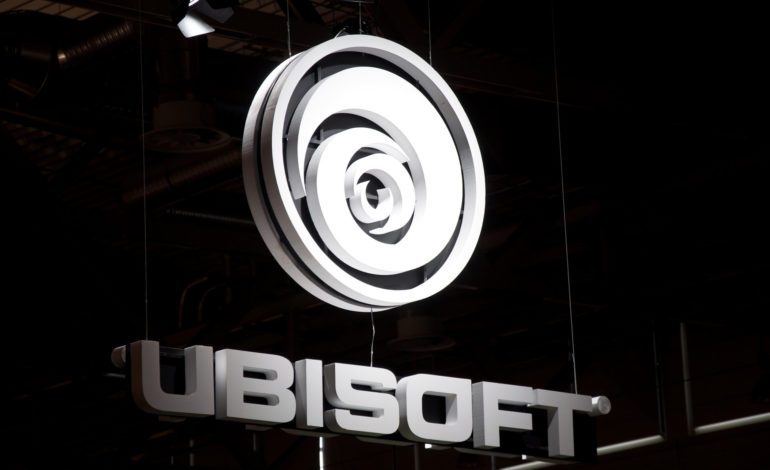

It’s a sad truth, but any game that’s popular will inevitably draw in players who cheat. The ones who want all the rewards for none of the effort. It’s enticing, sure, but what about the ethics? Is it morally wrong to cheat in online games that other players have to engage in? These questions are all perfectly interesting, but Bungie and Ubisoft are making the case that whether or not cheating is bad for the soul, it’s absolutely illegal.
Kotaku reports the companies have filed a joint lawsuit against the people allegedly running the website Ring-1, a website that builds and sells cheats for online games like PUBG, Destiny 2, and Rainbow 6 Siege. The lawsuit was filed in a Northern California Court and brings a number of charges against the owners of Ring-1, including unfair competition, copyright infringement and intentionally endangering both company’s income.
Ring-1 promises cheats like aimbots, trigger-bots, infinite ammo, instant respawns, etc. The worst part is that all these cheats are designed with avoiding anti-cheat software in mind, letting more and more cheaters through systems designed to keep them away from the people who just want to enjoy their game on a fair playing field. All of this isn’t just making the game worse for players: Ubisoft’s lawyers claim that cheats like these could actually “disrupt the entire R6S community and cause the game to wither and die,” leading to huge loss in profits for their clients. It’s not too far-fetched of an idea: Playing with cheats makes games less fun for everyone, which leads to less potential buyers and earnings. These obvious complaints are piled on top of, frankly, some seriously excessive copyright infringement that’s obvious just from looking at the website’s front page.
Ring-1 isn’t just breaking these laws, though. The creators of the site are even profiting by selling their cheats as subscription services, potentially raking in thousands upon thousands of dollars. These figures are based off of current pricing, which puts cheats like aimbots at $35 a week and $70 a month.
This won’t be the first time either company has dealt with cheaters via the law, and it likely won’t be the last.
Play games, take surveys and take advantage of special offers to help support mxdwn. Every dollar helps keep the content you love coming every single day.
